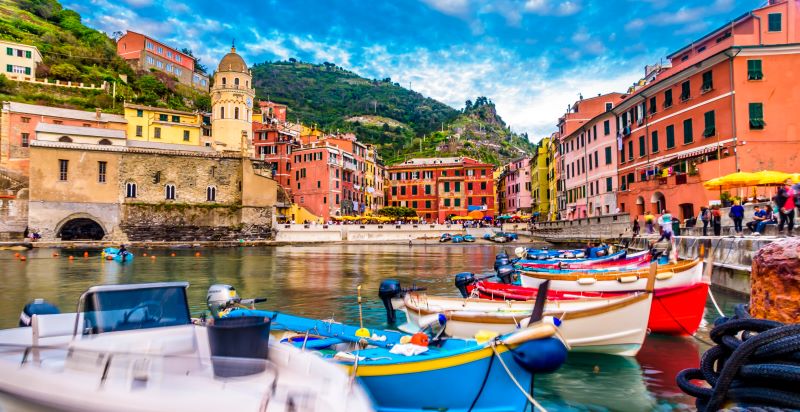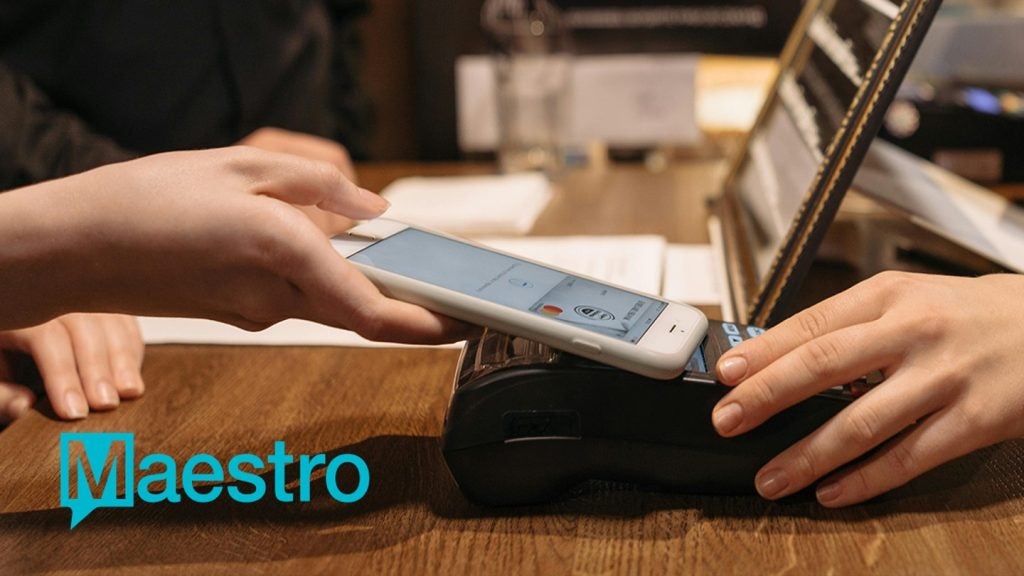As the impact of the pandemic lessens, tourists are returning to cities and metropolitan areas in their hordes, which is reintroducing the issue of overtourism. This re-emerging trend will spur the need for smart solutions to relieve pressure on resources and infrastructure. Travel apps may be the binding component to optimise a range of technologies that can reduce the negative impacts of mass tourism. Utilising app technology in this way has already been seen in hotspots across Italy.
According to GlobalData’s Q3 2021 Consumer Survey, 38% of global respondents stated that they typically take city breaks. This type of trip is in the top three for most typically taken, behind only sun and beach and visiting friends or family (which is often done in city locations). The popularity of city break tourism will only grow in future years, with the impact of the pandemic weakening and more of the world’s population flocking to live in urban areas. This will increase investment in a range of industries that are connected to tourism such as hospitality and transportation. Increased investment enhances the attractiveness of cities, which will continue to drive domestic and international tourists to metropolitan destinations.
The utilisation of travel apps – Cinque Terre and Florence
To reduce the impact of overtourism, which often lowers the quality of life for locals, destinations can harness big data and artificial intelligence (AI) to monitor and evaluate tourism performance and impact. For example, in Cinque Terre, Italy, officials introduced a ticketing system that involved a phone app that showed visitors real-time congestion on walking trails and pointed them in the direction of alternatives. As well as reducing congestion in busy areas, which improves touristic experiences and the lives of locals, it reduces the threat of footpath erosion. If this threat is not managed, it can result in habitat loss, as well as damage to the heritage and cultural qualities of the destination, which may tarnish its image. Although Cinque Terre is not a city destination, this utilisation of app technology to optimise the impact of other smart city solutions helps to enhance touristic experiences and maintain the attractiveness of the destination.
City officials in Florence developed the ‘Feel Florence’ app. The app has a setting that suggests routes and experiences to visitors while detecting tourist flows in real-time. By collecting data from sensors deployed across the city, it lets visitors know which attractions are subject to overcrowding, meaning their experience in Florence will not be negatively impacted by overtourism. Its ‘Skip the Line’ function operates by analysing turnout data (from sensors, cameras, and statistics), meaning the app can show how crowded a location is and drive tourists to quieter areas that may benefit more significantly from tourist dollars.
The case studies outlined above illustrate how travel apps act as the binding component that allows a range of advanced technologies to combine to reduce the impact of overtourism while improving touristic experiences. Technologies such as AI and the Internet of Things (IoT) will collect and model the data while travel apps will undertake the vital task of shaping the behaviour of tourists with this information.
See Also:
How well do you really know your competitors?
Access the most comprehensive Company Profiles on the market, powered by GlobalData. Save hours of research. Gain competitive edge.

Thank you!
Your download email will arrive shortly
Not ready to buy yet? Download a free sample
We are confident about the unique quality of our Company Profiles. However, we want you to make the most beneficial decision for your business, so we offer a free sample that you can download by submitting the below form
By GlobalData








